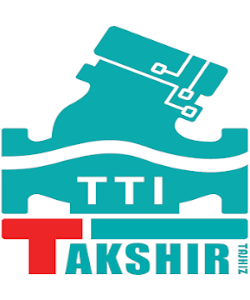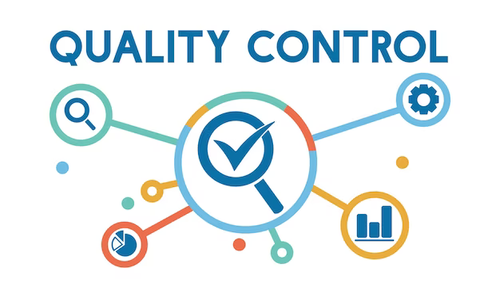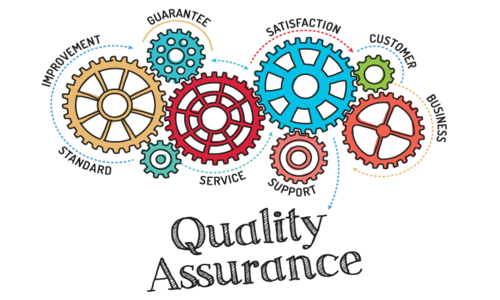Standards And Quality
Quality management standards establish a framework for how a business manages its key activities. They identify an agreed way of doing something, either making a product, managing a process or delivering a service. Quality management standards are details of requirements, specifications, guidelines and characteristics that products, services and processes should consistently meet in order to ensure.
All major manufacturing bases in T.T.I. have obtained ISO 17025 certification and have quality management systems conforming to this international standard. Company divisions maintain high levels of product quality and ensure proper management of each department, such as development, procurement, and production. We are also improving quality at our contract manufacturers.
In all aspects of the quality management system, each division continuously carries out internal audits, assesses the operational system, and carries out the PDCA cycle’s do, check, and act steps. Furthermore, every year each division sets key quality measures and targets based on the Group’s new year policy and then plans and executes a fiscal year plan based on these measures and targets.
With the goal of reaching a high-quality production T.T.I. that meets customer expectations, all of divisions strove to address defects at an early stage through expanding traceability efforts in order to ensure quality that customers can trust.
Additionally, the divisions worked hard to reach their goals by improving development quality with enhanced quality assessment process, improving manufacturing quality with elimination of lot defect due caused by the equipment, and enhancing quality of purchased products through co-creation with suppliers.
Hierarchy of quality control by Manager, Quality Improvement Committee, Division Manager For Quality, Overseas Regional General Manager
Measurements, Analysis, Improvement. Correct and constantly improve problems and issues discovered during internal audits


